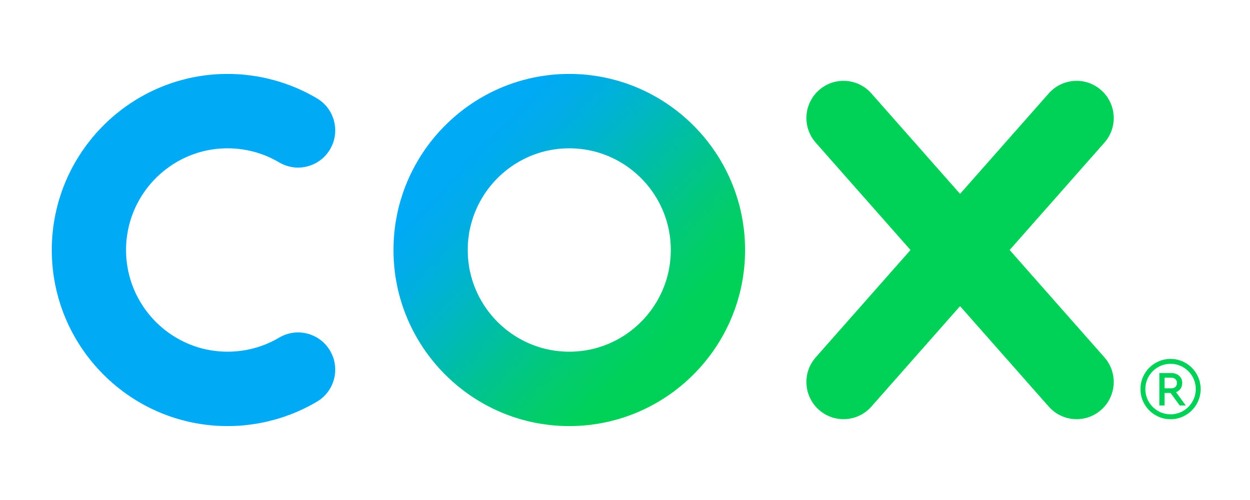This website uses cookies so that we can provide you with the best user experience possible. Cookie information is stored in your browser and performs functions such as recognising you when you return to our website and helping our team to understand which sections of the website you find most interesting and useful.
Business News Digital Labels & Publishers Legal Top Stories
Industry-approved anti-piracy system will be discussed as Labels v Cox Communications case finally heads to trial
By Chris Cooke | Published on Tuesday 3 December 2019

The big dispute between the American record industry and US internet service provider Cox Communications will soon be in court for a full-on showdown, but ahead of that the judge overseeing the case has ruled on flurry of pre-trial motions by both sides.
Despite the record industry’s objections, the ISP will be able to discuss how its anti-piracy procedures compared to the label-approved Copyright Alert System. However, it won’t be able to present one of the bold claims it has previously made about those procedures.
The record industry, of course, is seeking to hold Cox Communications liable for the copyright infringement of its customers. The ISP reckons it should have safe harbour protection from such liability. But the labels say that the net firm ran a deliberately shoddy system for dealing with repeat infringers among its customer base and, therefore, does not meet the requirements of safe harbour under American copyright law.
That’s the same argument BMG successfully pursued against Cox, and it was the ruling in the BMG v Cox case that prompted the Recording Industry Association Of America to pursue its own litigation against three American ISPs. Cases are ongoing involving Grande Communications and Charter Communications as well as Cox itself.
One thing that links those three ISPs is that they all declined to take part in the Copyright Alert System, a voluntarily anti-piracy programme that was put together by the music and movie industries and an assortment of net firms, and which ran for about four years.
However, Cox nevertheless wants to talk about the CAS when its legal battle with the labels gets to court, because it argues that its own anti-piracy procedures were as good as or better than the CAS which the labels previously endorsed. The record industry argues that the CAS – or the anti-piracy policies of any other ISP – are irrelevant to this case, which is simply concerned with whether the Cox procedures met the obligations under US copyright law.
Countering that viewpoint, Cox said in a legal filing earlier this year: “The effectiveness of CAS – which was endorsed by the RIAA and many of the [label] plaintiffs – at combating online copyright infringement is undeniably relevant to the underlying litigation in light of the … plaintiffs’ claims that Cox’s more stringent graduated response was an insufficient response to the infringement notices at issue”.
In a recent ruling, the judge concurred with Cox on this point. He said: “Defendants are permitted to put on evidence about the Copyright Alert System as well as its own graduated response system, the Cox Abuse Ticket System. Evidence about other ISPs … will also be admissible to the extent that it is relevant and there is proper foundation”.
However, the judge also ruled that Cox would not be allowed to present in court a bold claim that its anti-piracy procedure, which involved sending warning letters to suspected infringers, was sufficiently successful that “96% stop [infringing] by five notices”. The labels have argued that that statement, based on some internal Cox research done a decade ago, was “misleading and unsupported”.
The judge wrote “there is no adequate foundation for the information presented in the ‘96% stop by five notices’ evidence. Defendants have had ample time to produce such foundation and failed to do so”.
Also in favour of the labels, the judge confirmed that they will be able to present evidence gathered by anti-piracy outfit MarkMonitor and audio-ID firm Audible Magic which seeks to prove Cox customers were accessing or distributing music files without licence.
Cox argued that the labels had not kept all the relevant data gathered as part of that work and therefore the MarkMonitor evidence should not be allowed in court. The judge previously indicated that he would nevertheless allow this evidence to be presented. And he confirmed this in his recent rulings, saying “the MarkMonitor evidence will be admissible at trial should plaintiffs lay a proper foundation at that time”.
With all those technicalities and motions from both sides dealt with, we now await the full-on RIAA v Cox trial. While BMG v Cox seemingly set a precedent regarding the criteria internet companies must meet to enjoy safe harbour protection in the US, there were some complications in that particular dispute that arguably blur things a little.
Initial pre-trial rulings in the subsequent Cox, Grande and Charter cases have nevertheless seemed to uphold the key elements of that BMG v Cox ruling. But, given that copyright safe harbours remain a big talking point across the music industry, it will be very interesting to see how the RIAA v Cox dispute proceeds once the battle really begins in court.





